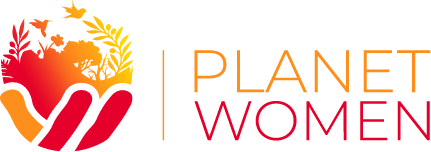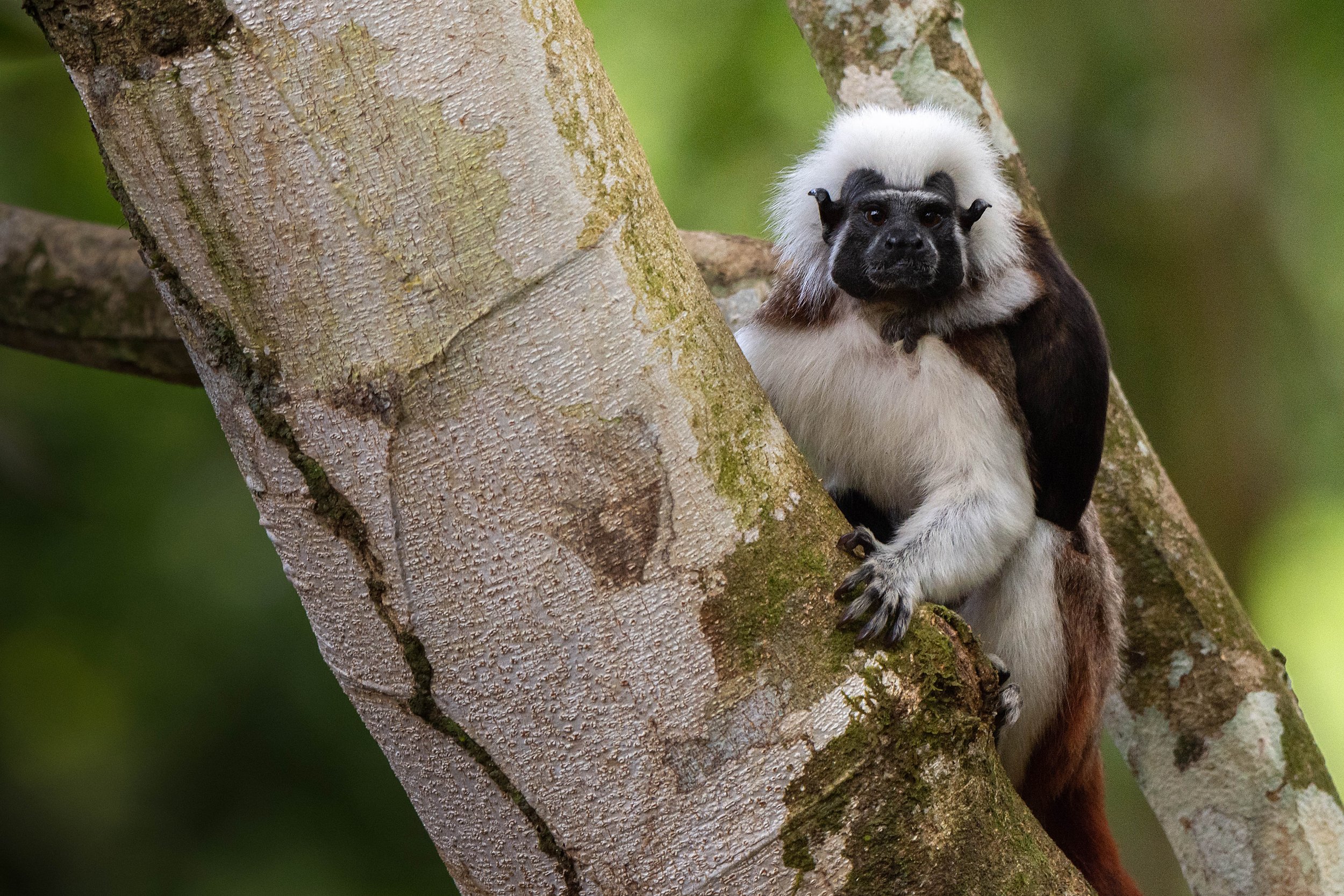Andes-Amazon: Mid-Year Updates
A very warm thank you to Planet Women’s community of supporters and partners! Below are some highlights from our impact in the Andes-Amazon region in the first half of 2023. Please see the full Mid-Year Report here.
Rio Negro, Amazonas, Brazil.
The Andes-Amazon is home to the world’s largest rainforest and largest river basin in the world. Rich biodiversity thrives alongside more than 500 distinct Indigenous Peoples—including some communities that have never had contact with the “outside world.” One-third of all known terrestrial species of plants, animals, and insects exist in the 2.86 million square miles of the Amazon Rainforest, as well as 10% of all biomass on the planet and 20% of the world's freshwater.
Despite its importance, 18% of Amazon forests have been lost, and an additional 17% are degraded. Recent studies suggest that the Amazon is reaching a tipping point at which forest loss would result in the rainforest becoming grassy savannah—with profound implications for the global climate. The biggest threats to the forest are agricultural expansion, gold and oil mining, illegal logging and forest fires. This year, Planet Women’s community has invested in Indigenous and youth environmental defenders, nature education and career training for local communities near biodiversity hot spots, and forest restoration work.
NEW grant partner! Meet Youth 4 Nature, a youth-led, international nonprofit that educates, empowers, and mobilizes young people to lead on solutions for the ecological and climate crises.
Y4N team members at the meeting between President Lula and Brazilian Civil Society. © Youth 4 Nature.
Planet Women and Youth 4 Nature share the belief that youth leaders must have agency and power to push for climate solutions because they are inheriting this planet. In Brazil, the youth population could be a powerful force for change. Sixty percent of the Amazon Rainforest lies within the borders of Brazil. A quarter of Brazil’s population is between the ages of 15 to 29 years old. Unfortunately, young Brazilians are often affected by poverty, inequality, and unemployment. They deserve a larger voice in decision-making on the environment, social issues and the government.
Your support allowed Planet Women to grant funds to Y4N as they work to establish the National Council of Youth for Climate Action in Brazil. This council is being co-created by a coalition of 31 youth-led organizations as an institutional tool to promote the political participation of Brazilian youth in the decision-making of climate and nature policy at the national level.
Supporting Indigenous environmental defenders and exploring the diverse understanding of gender with Cultural Survival
Cultural Survival Youth Fellow Carina de Souza Moraes (Horopakó Desana), one of several youth supported by Planet Women’s grant to Cultural Survival. © Cultural Survival.
Cultural Survival is an Indigenous-led nonprofit that tackles urgent issues facing Indigenous Peoples today: climate, lands and livelihoods, Indigenous community media, languages and cultures, and the leadership of women and youth. With your generosity, Planet Women has increased their investment in Cultural Survival’s work this year, supporting trainings for women environmental defenders in the Andes-Amazon as well as fellowships for Indigenous youth leaders.
Planet Women is also supporting Cultural Survival’s efforts to build their internal capacity around gender-related advocacy. As a team, Cultural Survival is engaging in trainings to deepen their knowledge of gender issues, including the relationship between colonization and gender, gender in Indigenous communities, introductory material on 2SLGBTQIA+ identities and experiences, and new masculinities. Thank you for supporting Indigenous people and collectives who are defending nature, caring for their communities, and transforming how we treat the Earth and each other!
The cutest success story from Planet Women’s first-ever grant…baby monkeys!
Planet Women’s first-ever grant went out the door in October 2020 to Women For Conservation. This grant supported a time-sensitive campaign to purchase a key piece of land that expanded the Tití Nature Reserve in Colombia and prevented a mining operation from destroying forest habitat for the critically endangered cotton-top tamarin monkey.
Now, this expansion along with the dedicated work of rangers in ProAves-Women for Conservation Tití Cabeciblanco Nature Reserve have yielded a delightful result: two new tamarin babies—just born to their mother in spring 2023!
We are thrilled to share in our partners’ win for habitat protection and are grateful to all who supported these efforts. And the work continues. Women for Conservation, in partnership with ProAves and the Indigenous community of Mutatá, are working to care for more than 2,456 acres of critical Cotton-top tamarin habitat in the Tití Nature Reserve.




